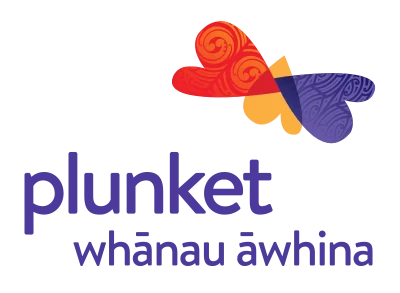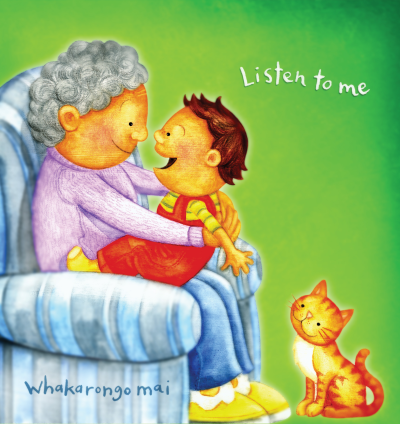
Talking – how and when?
As their language develops, toddlers begin to use words for different reasons. Parents need to listen to allow the child's language to grow and to build a relationship with them.
Parents and whānau might be noticing an increase in their toddler’s language development, especially in what they are saying.
Early words
During this stage a child will be using between 25 and 50 words. How they get their message across with words, sounds and gestures is called expressive language. What they understand is called receptive language.
Ask the parents:
- What have you noticed about your toddler’s expressive language recently?
- Have you heard any new words? What were they?
- Shall we make a list of all the words you’ve heard them say?
- Let’s put it on the fridge so you can keep adding to it.
Using words together
As toddlers increase the number of words they use, they will start combining words. Initially it’s likely to be a noun with a verb or adjective added — for example, ‘Mum, come’ or ‘Ball gone’.
They may also use ‘collective’ language where they refer to all drinks as milk or all animals as cats. This will depend on what’s in their world and how people are talking with them.
Ask:
- What examples have you heard of your toddler joining words?
- What about collective terms, like animals and drinks?
Toddlers may have their own words, referred to as ‘pet words’, that they use for very familiar things like bottles, dummies, cuddly rugs or toys. Often these become whānau pet words too. Here’s a story from one family – their child called trains ‘quick quicks’ because the mum would say ‘Quick quick, come see the train!’
Ask:
- What pet words do you have in your whānau?
Sometimes toddlers will only use part of a word. Commonly it’s the start of the word, for example, ‘dig’ for digger or ‘da’ for Dad. Part words can be accompanied by a gesture, for example, ‘ju’ for juice and reaching to the fridge for a drink.
Hearing the child
This is where whānau observation and listening skills are really important. If a toddler isn’t being heard, they may develop a set of unwanted behaviours to get their needs met. The following scenario gives an idea of how it can happen, especially if they are competing for their parents’ attention with siblings, cellphones, televisions and other distractions.
- Toddler says ‘ju’ and gestures (no response from parent).
- Toddler says ‘ju’ louder and gestures again (no response).
- Toddler screeches ‘ju’ and pushes the parent (no response).
- Toddler yells ‘ju’ very loudly and slaps the parent.
- Parent says ‘Oh, you want a drink?’, then proceeds to get one.
Ask the parents:
- How do you think this toddler is going to get a drink next time?
If young children are not heard often enough, they will dispense with the first 3 steps and go directly to the method that worked. In time, this can become a pattern and, unfortunately for the child, it can be seen as a behavioural issue, with whānau members seeing the child in a negative light. ‘He’s always hitting people!’
Using iPads, computers, cellphones or TV will not enhance children’s expressive language. Language learning is a brain development skill, and it takes one brain to build another. Only relationships do this, not toys or any other things we use to amuse babies.
Talking with and listening to a child are the keys to helping a child’s language develop and to building a relationship with them. Opportunities are everywhere to have lots of talking time with toddlers.
Ask:
- When do you find you have the best conversations with your toddler?
- What things might get in the way of that conversation?
- Shall we add ‘good ideas for talking time’ to the list on the fridge?
- Going for a walk is always a good one because there can be so many different things to look at and talk about.
- What can you talk about at home?
Helpful resources for whānau
-

Communication: one to two years
Whānau Āwhina Plunket
Whānau Āwhina Plunket's page on toddler communication.
-
Toddler Language Development - Boys Town Pediatrics<
Toddler Language Development - Boys Town PediatricsDr. Heidi Johnson, pediatrician with Boys Town Pediatrics, explains the timetable for toddler language development and how parents can continue to help expand the communication skills of their child.
-
Developing Early Speech and Language Skills<
Developing Early Speech and Language SkillsA short video giving advice on how to develop speech and language skills in young children.












